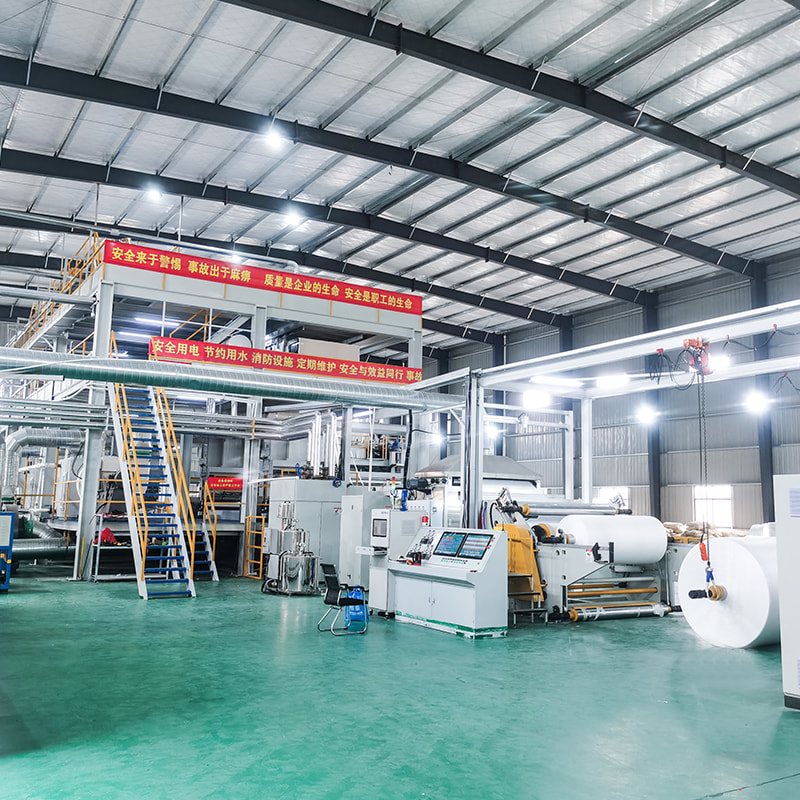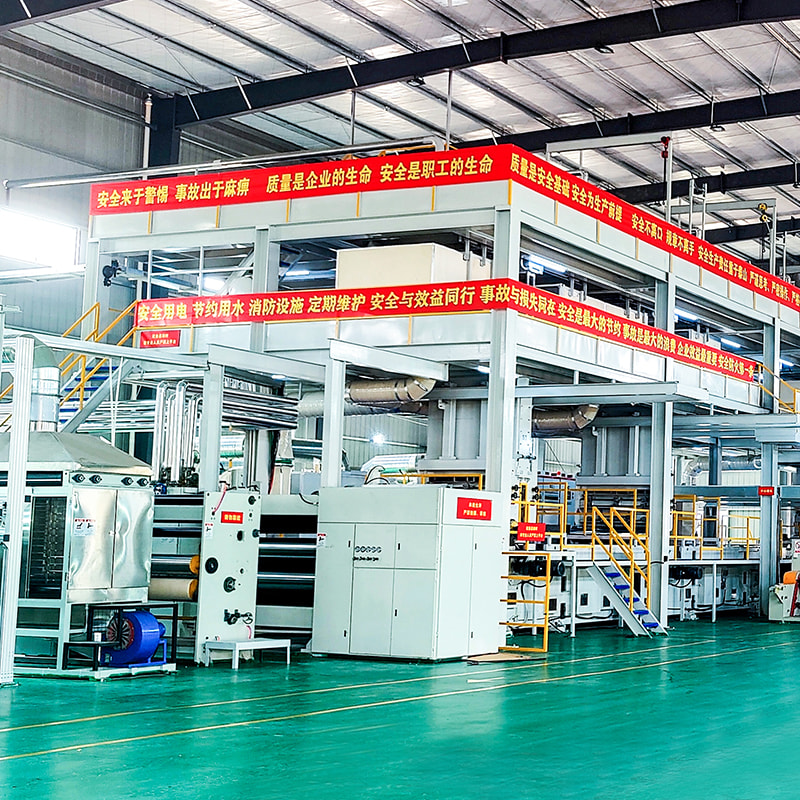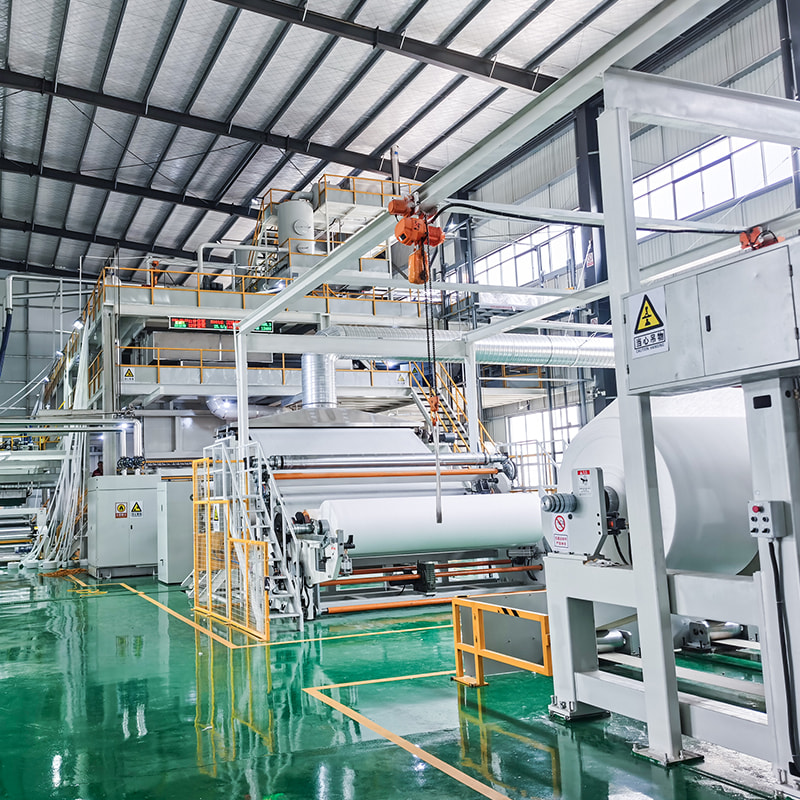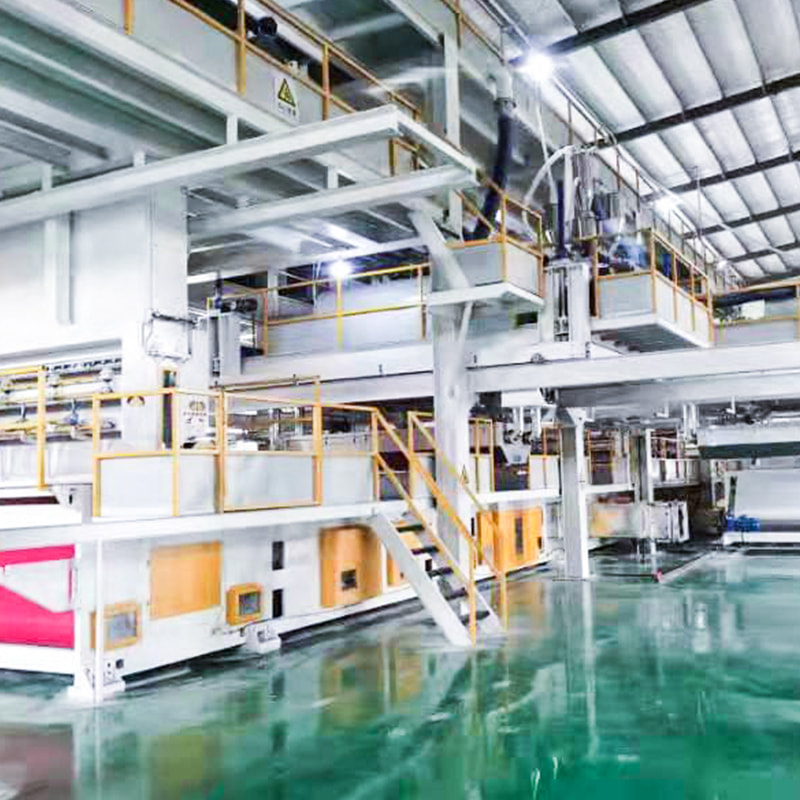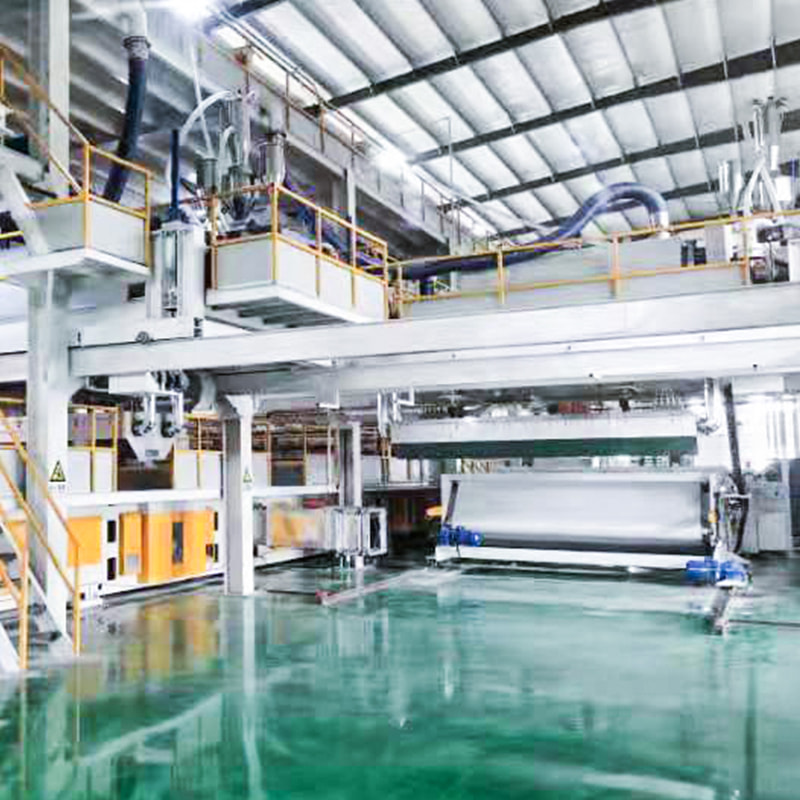How do nonwoven fabric machines contribute to advancements in fields such as medical textiles, filtration technology, or sustainable materials?
Nonwoven fabric machines play a crucial role in driving advancements in fields such as medical textiles, filtration technology, and sustainable materials in several ways:
Medical Textiles:
Nonwoven fabric machines enable the production of medical textiles with specific properties tailored to various applications, such as surgical gowns, wound dressings, and disposable medical supplies.
These machines can produce nonwoven fabrics with features like barrier properties (for infection control), breathability, absorbency, and biocompatibility, meeting the stringent requirements of medical standards.
Advancements in nonwoven fabric technology have led to the development of antimicrobial and antiviral treatments directly applied during the manufacturing process, enhancing the functionality of medical textiles in preventing infections.
Filtration Technology:
Nonwoven fabric machines are instrumental in manufacturing filtration media for air and liquid filtration applications.
They allow for precise control over fiber composition, density, and pore size distribution, resulting in filtration materials with high efficiency and capacity to capture contaminants.


Innovations in nonwoven fabric production techniques have led to the development of advanced filtration media capable of removing particulate matter, microorganisms, and even volatile organic compounds (VOCs) from air and water streams, contributing to improved indoor air quality, water purification, and environmental protection.
Sustainable Materials:
Nonwoven fabric machines facilitate the use of sustainable materials in fabric production, such as recycled fibers, biodegradable polymers, and natural fibers like bamboo or hemp.
They enable efficient processing of recycled materials into nonwoven fabrics, reducing dependence on virgin resources and diverting waste from landfills.
Advancements in nonwoven fabric technology have led to the development of biodegradable and compostable nonwoven materials, offering environmentally friendly alternatives to conventional synthetic fabrics.
Nonwoven fabric machines also support the production of eco-friendly products, such as reusable shopping bags, wipes, and hygiene products, contributing to the circular economy and reducing environmental impact.





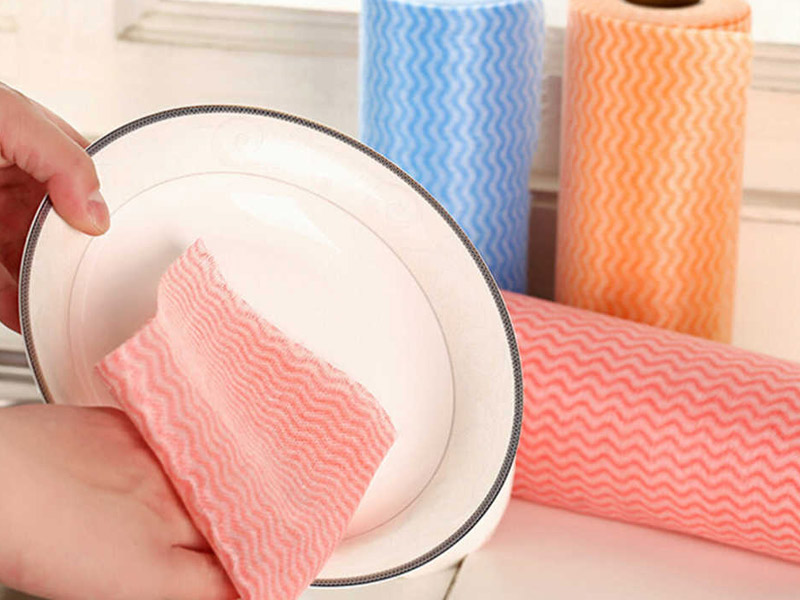
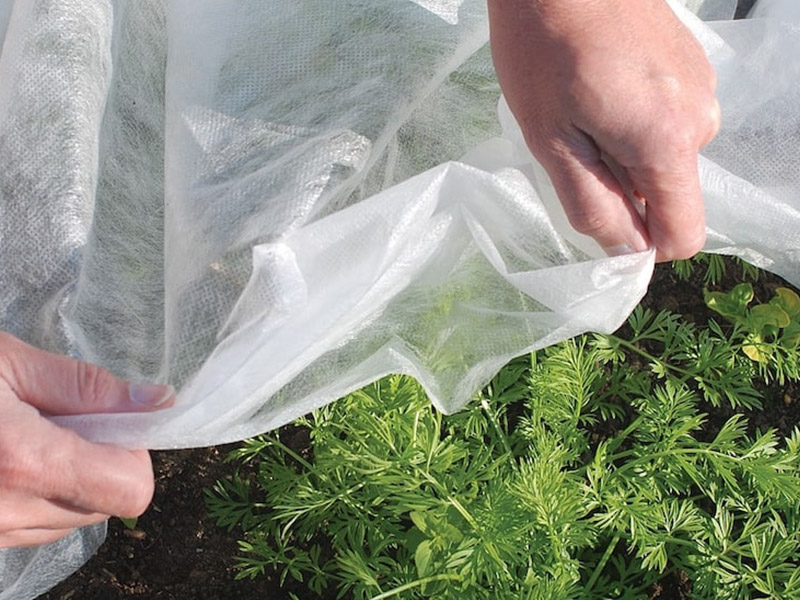
 English
English 中文简体
中文简体 русский
русский عربى
عربى